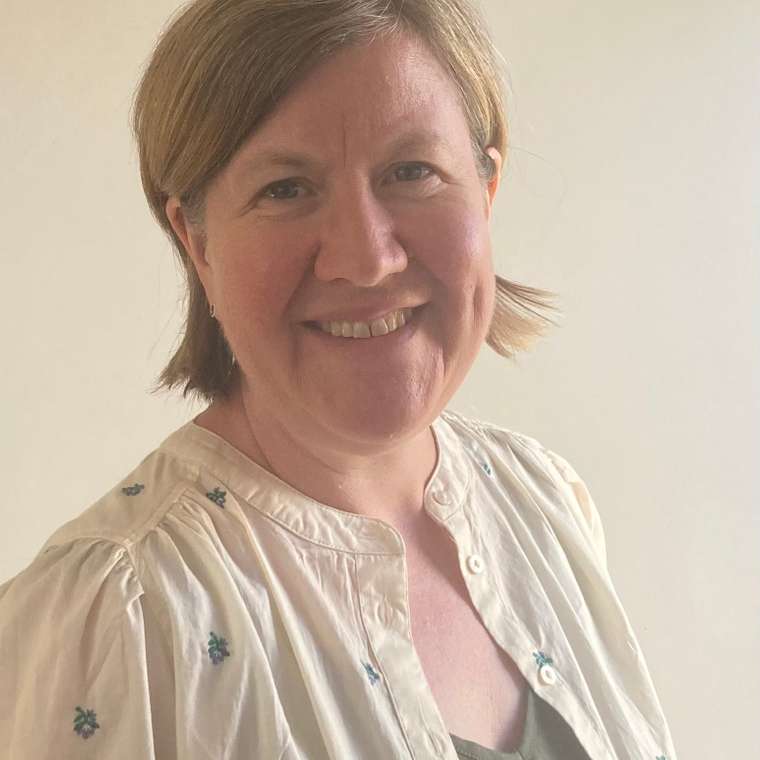The impact of Covid-19 has seen school leaders and teachers meeting an unpredictable array of challenges and adapting to a great deal of change
As a result, over the coming months, the EEF will be publishing collections of brand new case studies: bitesize, practical guides exemplifying how other schools have applied evidence to respond to challenges and opportunities, whilst also using their professional judgement to find solutions appropriate for their school’s specific context
The case studies will focus on key themes drawn from our EEF Guide to Supporting School Planning: A Tiered Approach, which schools have already been working hard to strengthen this year: high-quality teaching, targeted academic support and wider strategies
A key wider strategy is sustained parental engagement. We know that levels of parental engagement are consistently associated with children’s academic outcomes. Schools and parents have a shared interest in doing what is best for their children. An overarching theme from the EEF guidance report, Working with Parents to Support Children’s Learning, is that we critically review how we work with parents, being optimistic about the potential.

Guidance Reports
Working with Parents to Support Children’s Learning

Guidance for teachers
COVID-19

Guidance Reports
Special Educational Needs in Mainstream Schools

Guidance for teachers
EEF COVID-19 Support Guide for Schools
Both prior to and throughout partial school closures, schools have been providing practical strategies for home, tailoring their communications to have most impact and reach and offering more sustained support where needed. These three case studies offer a window into schools that have been testing out approaches inspired by the recommendations in the guidance report:
- St. Mary’s Catholic Academy, in Blackpool, focus on how they made use of the evidence to improve communication with parents and carers in their school community.
- The case study from Churchill Academy and Sixth Form, in North Somerset, outlines how staff sought out parental feedback to ensure that Covid-related communications were purposeful and helpful to families required to isolate.
- The Blue School, in Wells, explain how they tailored support offered to parents and carers to the specific needs of families in their school community.
These EEF case studies can be shared with senior leadership teams, governors, and teaching staff as part of each school’s drive to engage with evidence and assess how best to implement the right strategies for their students.
If you would like to share your experience as part of the EEF case study series, please do get in touch.
